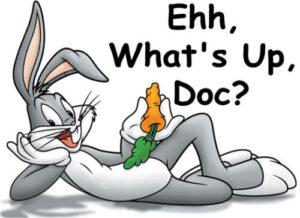Of the thousands of “ledes” I wrote during the 42 years I was a newspaperman, and the tens of thousands of ledes I’ve read, I only remember one.
A “lede” is what newspaper people call the first paragraph, or sometimes the first several paragraphs, of a story. Some reporters put almost as much time and effort into writing the lede, trying to grab readers’ interest, as they do the rest of the story.
If I had written the story in question I would have probably written the lede this way:
“Former state representative Louise Brennan, who had said she didn’t want the job, was elected chairman of the Mecklenburg County Democratic Party today.”
That’s workmanlike, nothing wrong with it to my way of thinking. Lots of reporters would have written it pretty much the same way.
But Steve Landers, my friend and colleague when we were both young reporters at The Charlotte News, had a better idea. This is Steve’s lede, inspired from a line in a 1929 hit song called Louise:
“The lady said she wouldn’t accept a draft, but every little breeze whispered Louise.”
Now, that’s a lede.
NOTE: Back in the late 1960s, early ’70s, Steve and I did everything we could to put a whipping on The Charlotte Observer. Years later his wife, Jennie Bucker, became editor of The Observer.
Coming Friday: Big Mouth

 “Do you know what the headline said?” Dr. Robicsek asked. “The headline said, ‘What’s Up, Doc?'”
“Do you know what the headline said?” Dr. Robicsek asked. “The headline said, ‘What’s Up, Doc?'”